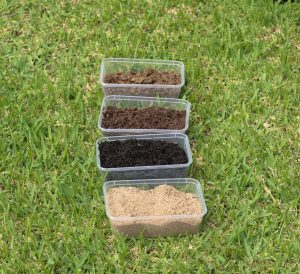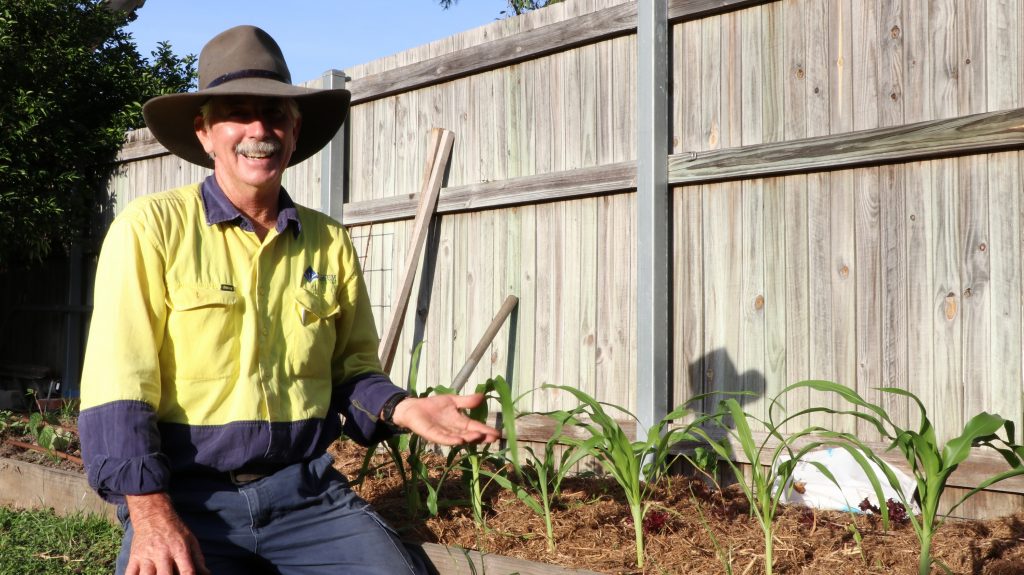Clay soil? Can I fix it?
Townsville is known for its stunning winter blue skies, its hot, humid summers and unfortunately for your garden and lawns - its clay soil.
But how can you turn something that is sludgy and mucky when wet and hard as a rock when dry into something that can help sustain healthy plants and turf?
Here's William's tips on the types of soils you will find in Townsville and how to get the most out of them.

Soil types – Clay soil is prevalent in Townsville
Soil is classed into four main types with variations within each class, these include:
Clay soil, Loam soil, Sandy soil and Rocky (Shale) soil.
Townsville has all four types depending on the suburb you live in and even the area within that suburb.
Suburbs with rocky/clay soil
If you live in around Castle Hill, Mt Stuart, Mt Louisa or Mt Low you are likely to have rocky soil with a clay sub base.
Other areas around the Townsville region can contain varying combinations of all soil types from clay to sand at the one site.
Best to worst soil types for gardens
- Loam soil is high in organic matter and provides the best conditions for your lawn and gardens to flourish.
- Rocky soil can often provide an appropriate level of nutrient for healthy gardens but it can be hard to work with for the gardener. This can lead to barriers in achieving garden goals.
- Sandy soil is very loose and free-draining and doesn’t hold much moisture to support plant growth.
- Clay soil is present across most of Townsville and tends to be very soggy when wet and very hard when dry. It does not provide an ideal growing environment.
How to fix clay soil? – William’s tips

Add organic matter
The best way to improve all soil, including clay soil, is to add organic matter.
Organic matter helps to separate the clay. That enables water to travel through the soil and increases air flow as well creating a healthier growing environment for plants. It also aids against soil compaction.
There are some soils that will require specific treatment or fixes.
But as a rule, working in an organic additive such as compost is an excellent way to improve most soils. You can purchase garden compost from your local gardening or hardware store or you can make your own from household waste.
Ideally you will want to work in enough organic material to make up at 10-20 percent of the soil in your garden. This is a gradual process. It may take more than one season to improve your soil.
Add Gypsum
Adding Gypsum to Townsville’s clay soil can help to break it up.
Advice varies as to the amount, but 1-2kg per square metre of soil is a helpful guide.
You will need to dig the soil over to combine and then water it in.
Other suggestions:
William uses paper clippings and lawn clippings as well as manure to add nutrient to his garden soils. Adding fertiliser (as well as the manure) helps with the decomposition process.
His advice is to not add too much water – just keep the soil moist but not saturated.
It can take a number of months to achieve the desired result.
So get started now and your garden will benefit in the long run.
Need some help? Get in touch today.
We offer a full garden restoration service and personalised quoting.

